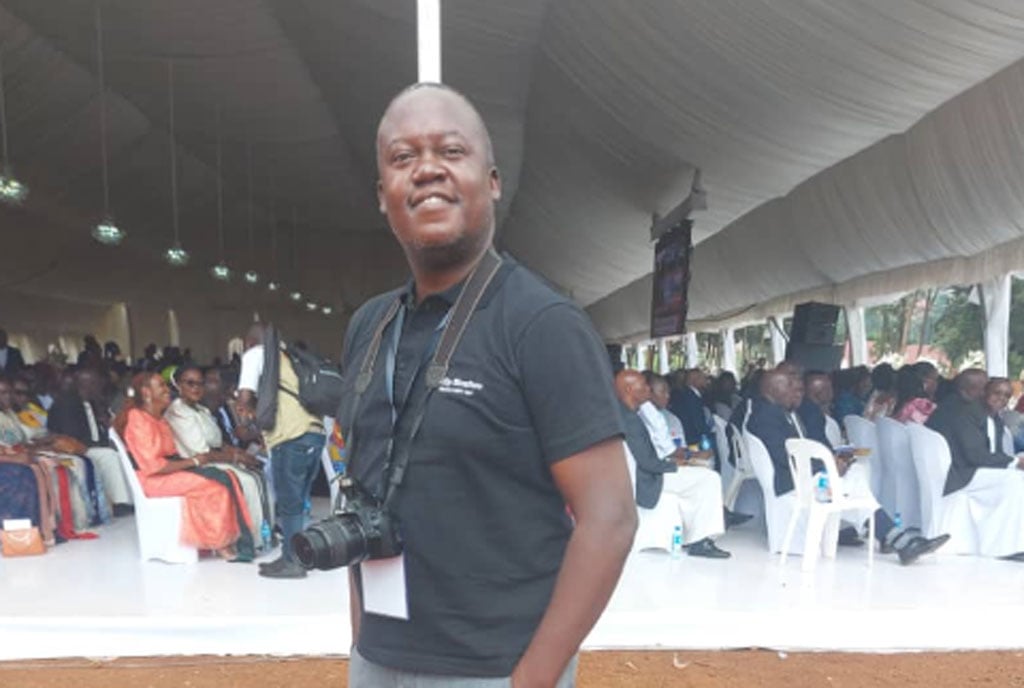Developer commits to resettle 500 households

About 4,867 households from the districts of Bugiri, Bugweri, Mayuge, and Iganga are at the risk of eviction to pave way for a multi-billion Rare Earth Metal mining project. FILE PHOTO/ COURTESY
A company that is conducting exploration work of Rare Earth Elements (REEs) in eastern Uganda has said it will start resettling 500 households next year.
Persons affected by the planned extraction of REEs had asked Rwenzori Rare Metals (RMM)—the developer—to speed up compensation before embarking on the task.
In recent interviews, Mr Richard Kaijuka, the chairperson of RRM, said the affected persons will be temporarily relocated and resettled in decent houses that the company will construct after the excavation of minerals.
Mr Bernard Ochola, the Resettlement Action Plan (RAP) team leader at RMM, has now put a timeframe to the resettlement.
“We are going to resettle 50 households every year, starting in 2023; in Makuutu alone, there are about 500 households. Our priority is to ensure that before resettlement is done, there are good houses and land,” Mr Ochola told Sunday Monitor via telephone.
According to Mr Ochola, the company’s roadmap is to start construction in 2023, commence mining in 2024 and by 2025 have facilities developed with good social services.
The company has since 2016 been developing the Makuutu Rare Earths Project in a 40-kilometre area stretching from Igombe and Makuutu sub-counties in Bugweri District, to Nakigo And Bulamagi sub-counties in Mayuge District, encompassing at least 5,000 households.
A public hearing at Makuutu on Tuesday brought some of these households face-to-face with the developer, with area MPs and officials from National Environment Management Authority (Nema) among others in attendance.
Mr Peter Lokeris, the junior Minerals Development minister, said the exploration and development of the project requires land access and support from the community and leaders. The laws of Uganda ensure that adequate and fair compensation will be paid judiciously to landowners when such a stage arrives.
“The ministry is aware that the development of Makuutu project will create lots of benefits to the community and the country in terms of Corporate Social Responsibility as well as other direct and indirect benefits which come with such projects,” Mr Lokeris said.
Dr Akankwasa Barirega, the Nema executive director, said his organisation is undertaking an environment impact assessment survey to establish whether the project would have long-term harmful effects on the public when it resumes operations. Nema, he added, will submit its findings to the relevant authorities upon completion of the survey.
Ms Monica Salime, the RMM Environment Officer, said this was an opportunity to turn Makuutu into an urban setting.
She added: “Once commercial production of minerals starts in 2024, the government will earn $695m in taxes annually. Fifteen percent of the proceeds will remain at the district, five per cent will remain at the Sub-county, while the locals in the affected areas will earn 0.3 percent.”
The Makuutu Rare Earth Project is one of the few clay deposits that contain high concentrations of heavy and critical metals necessary for strong magnets and other modern technology.
The RRM Country Representative, Mr Patience Singo, said they expect to extract 17 rare elements and that their objective is to establish a mine and process a product that can go on the market.
According to Mr Singo, there is a global demand for rare elements largely because the world is transitioning, and such elements are an enabler to that transition.





